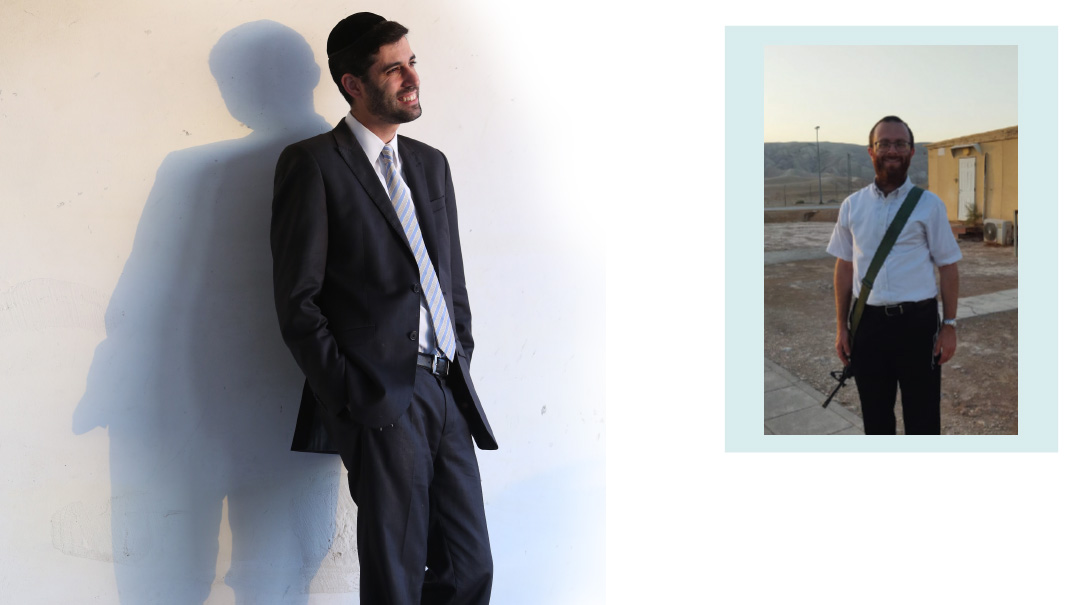From the Heart to the Heart
| March 10, 2020
“My music speaks from my heart to the listener’s heart. It’s music of honesty and reflection”
His first album has only been out for a year, and now there is a second. Naftali Kempeh, composer, singer, and rising star on the kumzitz scene who accompanies himself on guitar, offers songs that invite listeners to join a swaying circle of longing. Kempeh describes the distinctive flavor of his own music on these albums as “more Israeli, more acoustic, more kumzitz, less pop.”
He shares that he began composing and compiling material for this album, Anah Eileich, even before the previous one saw the light of day. Nine of the compositions on this album are Naftali’s own, one is a remake of vintage Carlebach “Viyevaser Lanu,” and another is the fruit of a providential meeting with Yossi Green.
A native Israeli, Kempeh recently spent some time in the States for the first time. While he says, “I loved the size of everything,” he admits that “something deep inside always pulled me back to Eretz Yisrael, and I wanted to understand more of what that was. Then I came across a letter that the Vilna Gaon wrote to his students, who had traveled ahead of him to Eretz Yisrael, telling them that he too was on the way. Although he never did arrive there, his longing to be in Eretz Yisrael was so inspiring that I carried those words around in my pocket.”
When Naftali met Yossi Green at a simchah, Naftali showed the composer the words he was carrying around with him, and begged him to compose something fitting to those lines. Later that same evening, Naftali was a guest at Yossi’s piano, while Yossi sat and composed the beautiful niggun, “Chemdat Kol Yisrael,” to the Gra’s words. (On the album, Yossi joins Naftali in a duet for this song.)
Kempeh says that his selection of the album’s title, Ana Eileich [“…If I reach up to the Heavens You are there, if I descend to the depths, behold You are there” (Tehillim 139)], reflects the emotion driving his music. “I don’t compose with the wedding dance floor in mind,” he says. “My music speaks from my heart to the listener’s heart. It’s music of honesty and reflection.”
His song “Maayan Hachayim” is a reflection of that. Naftali was inspired to write this song when he was visiting a mentor, a talmid chacham in Eretz Yisrael who has spent his life in the beis medrash. Naftali noticed a faded piece of paper this man used as a bookmark, with words he’d written “to remind himself why he was learning.” It read, “If your soul desires truth, if your neshamah seeks to find its way, go to the source of life.”
(Originally featured in Mishpacha, Issue 802)
Oops! We could not locate your form.













